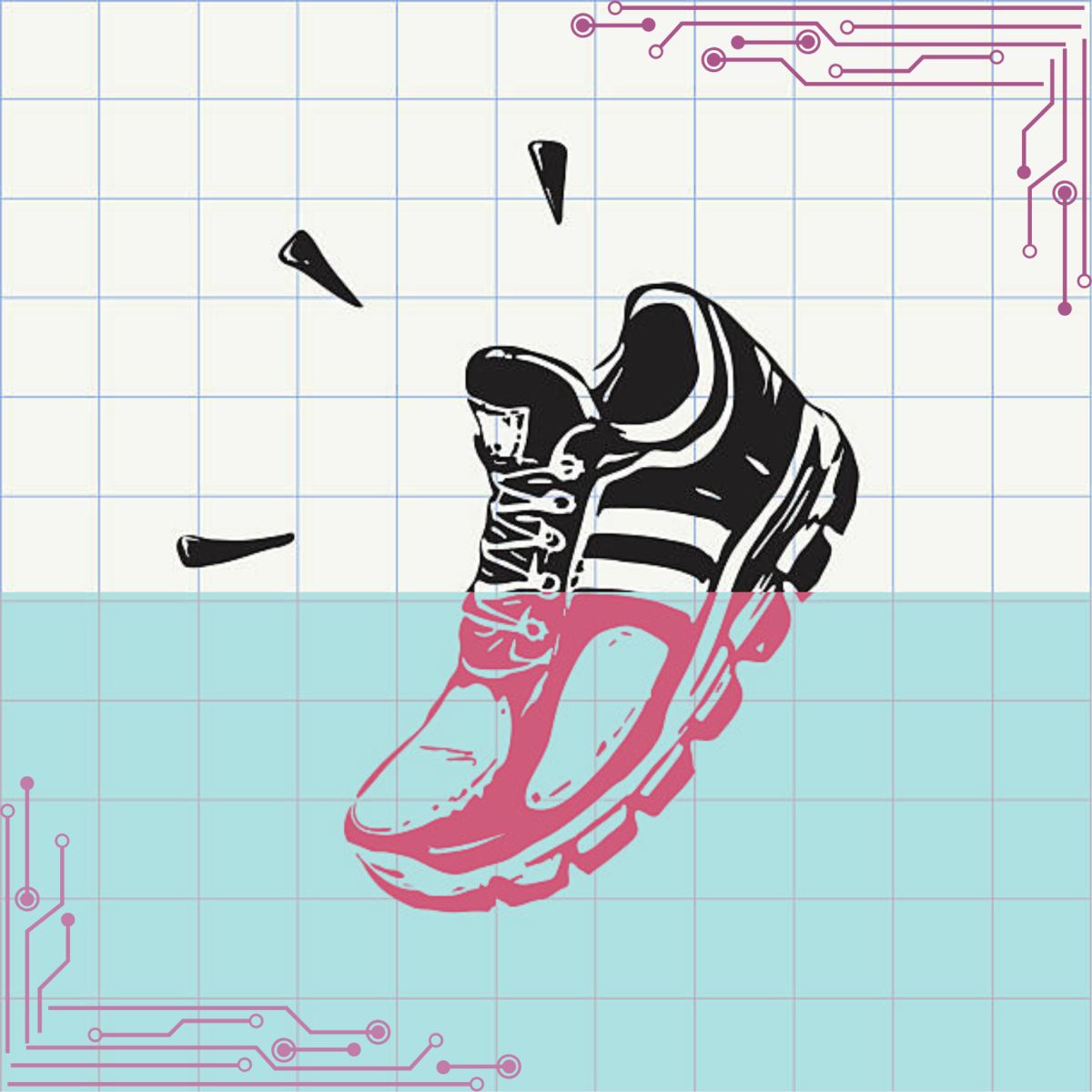With the start of fall comes fun, light-hearted traditions: cozy sweaters, warm blankets and pumpkin spice everything. However, this seasonal change can also bring upon some less exciting shifts. While the leaves on the trees growing in Oak Park don’t drastically change colors with the season, one thing does change with the temperature drop: the motivation of students.
“Since the start of the school year, I would say [that my productivity has] definitely decreased,” junior Jackson Kositchek said. “I’ve definitely gotten a little more exhausted.”
As the fall season begins and Quarter 1 comes to a conclusion, so do the sunny, carefree summer assignments, and for many, the academic stress has ramped up.
The semester is in full swing, and it’s not stopping any time soon, as finals are only a few months away. Along with feeling overwhelmed with mourning workloads and endless to-do lists to check off, we find ourselves losing time itself.
“I feel like when it turns darker faster it feels like my day is over and I can’t do anything else,” sophomore Avina Kermanshah said.
This seasonal slump and lack of motivation is primarily due to daylight savings time and the approach of the winter solstice. The winter solstice, typically occurring on or around December 21 each year, is the shortest day of the year, meaning that it has the least amount of daylight. In the months leading up to this, days become shorter, changing how awake and productive students feel.
“I think the sun not coming up earlier definitely makes it harder to wake up, and it getting darker out earlier is less motivating,” senior Ayush Kodur said.
Similar to Kodur, freshman Sumi Kim has noticed that her daily routine has shifted as a result of this change in daylight.
“I think it has been changing my overall schedule in the day because I think that [the day is] earlier or later than it actually is based on the light outside,” Kim said.
Regardless of whether students enjoy the overcast weather or not, most agree on one thing – it makes it much harder to wake up and go to school early in the morning.
“I love the cloudy weather and it makes me feel more excited about coming to school, but it also makes me feel more sleepy and wanting to stay at home in bed,” Kim said.
The outside weather isn’t just affecting our motivation to go to school; it affects our whole body. Sunny days cause the body to release serotonin, a hormone that allows the body to feel happy. However, in overcast conditions, the body instead releases melatonin, a hormone that makes you feel sleepy. So, when the weather gets gloomy outside, it is almost irresistible for students not to hit the snooze button.
“If [there are] clouds outside in the morning, alarms don’t work,” Kositchek said.
While seasonal motivation loss is common, students are finding ways to cope with this new challenge and remain energized and productive.
“What I usually do is I try to get my sleeping schedule better to help me wake up in the morning,” Kositchek said. “I [also] like to use more lights because it gets dark earlier, so use [artificial] sunlight.”
Other students believe that maintaining a strong mindset is the best way to survive this fall academic slump.
“Always remember your goals and what you’re working towards, and never lose sight of that because that’s what’s going to be your motivation,” Kodur said.
Kim emphasizes the importance of a balanced schedule.
Maintaining a balanced schedule is critical in order for students to remain organized and in low stress during times of academic pressure. By creating a daily routine, students will ultimately feel less affected by the change in weather and daylight, due to more organized sleep habits, motivation to work, and engagement in overall well-being.
“I would suggest starting to have a set schedule on when you’re doing homework, when you’re chilling and when you’re going to bed because then the weather won’t affect you as much,” Kim said.
Although the sunny school days at OPHS may be slowly disappearing, the motivation of students doesn’t have to. By recognizing this seasonal change and the effects it has on productivity, students can develop their own ways to cope, whether that means maintaining consistent routines, using brighter lights or simply focusing on the goals ahead of them.









